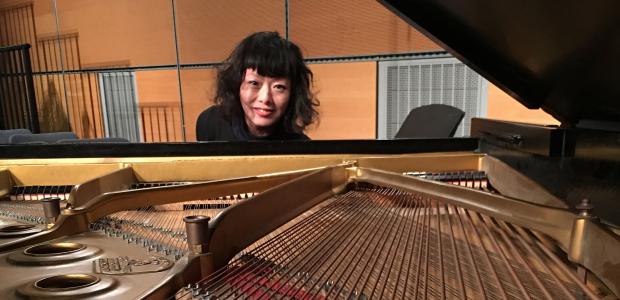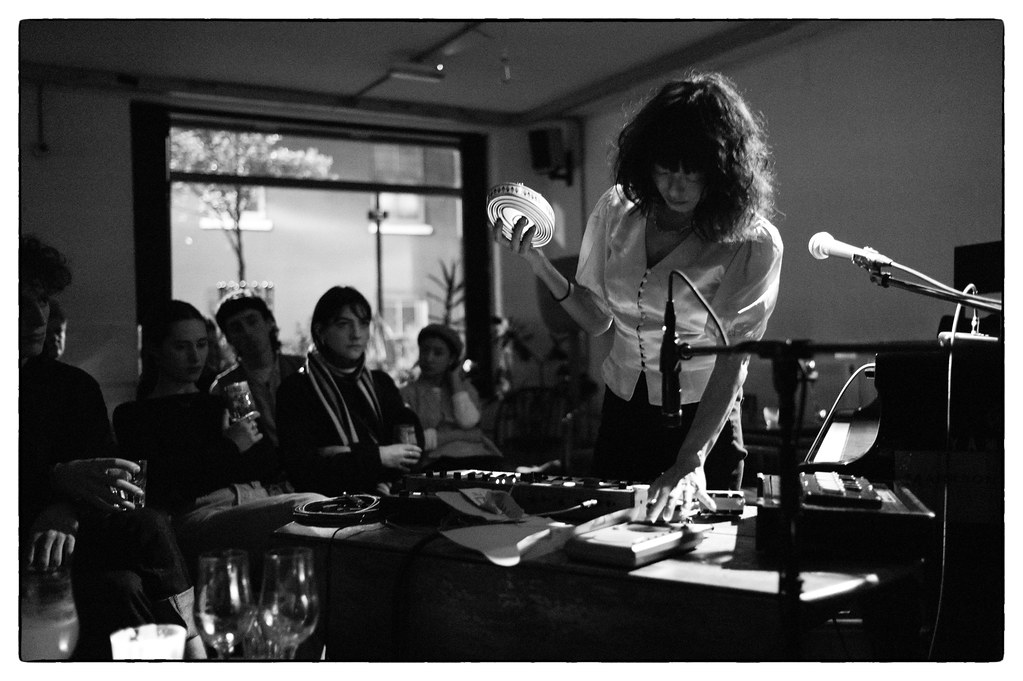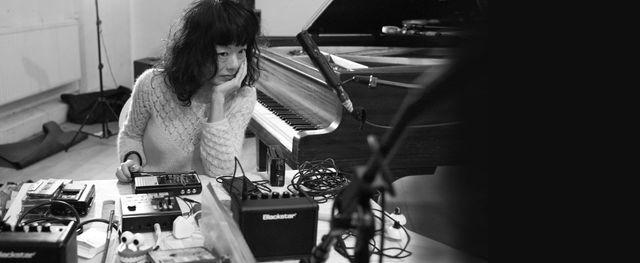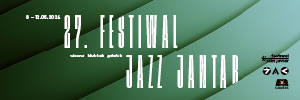Improvisation has always been central to my creativity - interview with Tania Caroline Chen

How do you feel about it - are you more a pianist, or a sound artist?
Tania Caroline Chen: My creative practice incorporates both piano and sound art. Sometimes they happen independently, sometimes they happen together. Perhaps all of this can be considered sound art.
When did you decide to play piano and then also do experimental and electronic music?
TCC: When I was a child I was fascinated with making sounds on the piano, listening to one sound in relation to another. I still remember how extraordinary the sounds of the piano were to me before I learnt how to read music. The first piano i played on was at my grandparents when I was five or six years old. I continued improvising until the first few years of formal piano lessons. When I was around nine years old I improvised less and became obsessed with recording sounds onto cassette tapes.
I became immersed in experimental music when I studied piano with John Tilbury during my postgraduate studies. He introduced me to the British experimental music composers such as Cornelius Cardew, Michael Parsons, John White and Dave Smith and of course the New York experimental composers John Cage and Morton Feldman. Listening to John Cage, David Tudor and Karlheinz Stockhausen and walking into the Electronic Music Studio during my time at Goldsmiths College sparked my love for electronics. I was also inspired by David Tudor who was both a pianist, composer, sound artist and electronic musician.

Why did you decide to perform and record works of John Cage, Eric Satie or Morton Feldman? Why is the 20th century modern classical music important for you?
TCC: Cage, Satie and Feldman shattered the status quo of composition in their time. They took music apart in various ways both conceptually and algorithmically, and turned the compositional form inside out. They liberated sound. Nothing was the same again for me when I began listening and playing their music. I felt I had discovered the essence of what sound could encompass. It was as if someone had unlocked a door to experimentation and sound and my world became kaleidoscopic in color. I was in my twenties when I began playing experimental music. It felt completely new, exciting and challenging most especially playing Morton Feldman's large scale late piano pieces and John Cage's virtuosic piano composition "Music of Changes". Once I understood John Cage’s notion of silence and chance the possibilities of composition and sound became infinite.
You have collaborated with John Tilbury from AAM. What have you learned from him and what do you think about the idea of free improvisation?
TCC: After studying and collaborating in shows with John Tilbury, music became not only an activity; it became a way of living. Playing, reading, listening, exploring and experimenting, sharing with listeners and collaborating with musicians. I began to travel to perform concerts. I heard John Tilbury improvise for the first time while I was a student at Goldsmiths College. During that time there was also a very diverse and creative improvising scene in London. This environment planted the seed for me to improvise. Since then improvisation has always been central to my creativity. Humans improvise in every day life through gesture, movement, speech, and so it seems essential and natural that artists embrace improvisation.

Last year you have released a very interesting album with Wadada Leo Smith. How was to work with this living-legend?
TCC: Wadada and I recorded our album “Every Leaf” at Fantasy Studios in California. Wadada knows exactly what he wants from a recording session: from where the microphones are positioned to the overall shape of the whole. This gave us freedom to explore all that we wanted to musically. We did not discuss any music ideas or plan beforehand. After the soundcheck we immediately started playing and recording. Our entire album was finished in one take. For me this is how a free improvisation music session should be. On that day, playing music was our conversation. There was something alchemical and transcendental about our morning in the studio together.
What is Micro Micro?
TCC: I was invited to curate a music series at a venue in Brooklyn soon after I moved to New York several years ago. I had played a previous show there and they liked my very quiet sounds in the performance. They were also very aware of their neighbors and the level of noise at shows. That’s why I called the series Micro Micro; micro means extremely small. For this series I created a number of performances of sound art pieces with improvising New York based musicians. We used both acoustic, electronic sounds and visual elements often through movement and video images, the entire was interdisciplinary in approach. One particular show was an opera with randomly changing backdrops such as a supermarket, a car park, the surface of the moon in which the singer Sophie Delphis improvised various arias, I played live electronically processed field recordings. In another performance, trumpeter Joe Moffett would take part in every day activities which involved his trumpet. Perhaps Satie would have enjoyed these strange juxtapositions!

I think you are inspired by dreams. What is so interesting in dreams? Is music a good language to translate them for listeners?
TCC: There is something intangible and ephemeral about dreams. One cannot easily capture the feeling, content or meaning of a dream into words, and music is to me very similar. Both have the power to deeply affect us. Some of my ideas arise while day dreaming, and in the hynagogic state between sleeping and waking. I wrote my solo electronic music album “Dream Dialogue” inspired by dreams, and many of the ideas and atmosphere of this album came to me on waking up in the moring, or in a relaxed meditative state. During these liminal moments, ideas and words float into existence out of nowhere or from the subconscious. The electronic material was shaped through spontaneous improvisation. There is no piano on this album.
Could you tell me about your video experience? Is it a background for music or is image not less important than sound for you?
TCC: I have a background in art as well as music. I began making videos in art college. Making visual work through the medium of the camera lens helped me observe the world in a more focused way. In some of the sound art videos I have made, the sound source is the main subjectof the film. During 2020 I made a series of water installations which are the focus of the video. Many of my videos are sound experiments. Perhaps recording these sounds visually is a way for me to focus on listening.
What are your plans? I saw you have just released some new music.
TCC: I recently released a two piano album with John Tilbury. My next release is a duo album with Ikue Mori. I'm currently recording my second solo electronic music album and also writing a book about sound.
taniacarolinechen.bandcamp.com/music
instagram: Tania Caroline Chen
vimeo: Tania Caroline Chen
- Aby wysyłać odpowiedzi, należy się zalogować.







